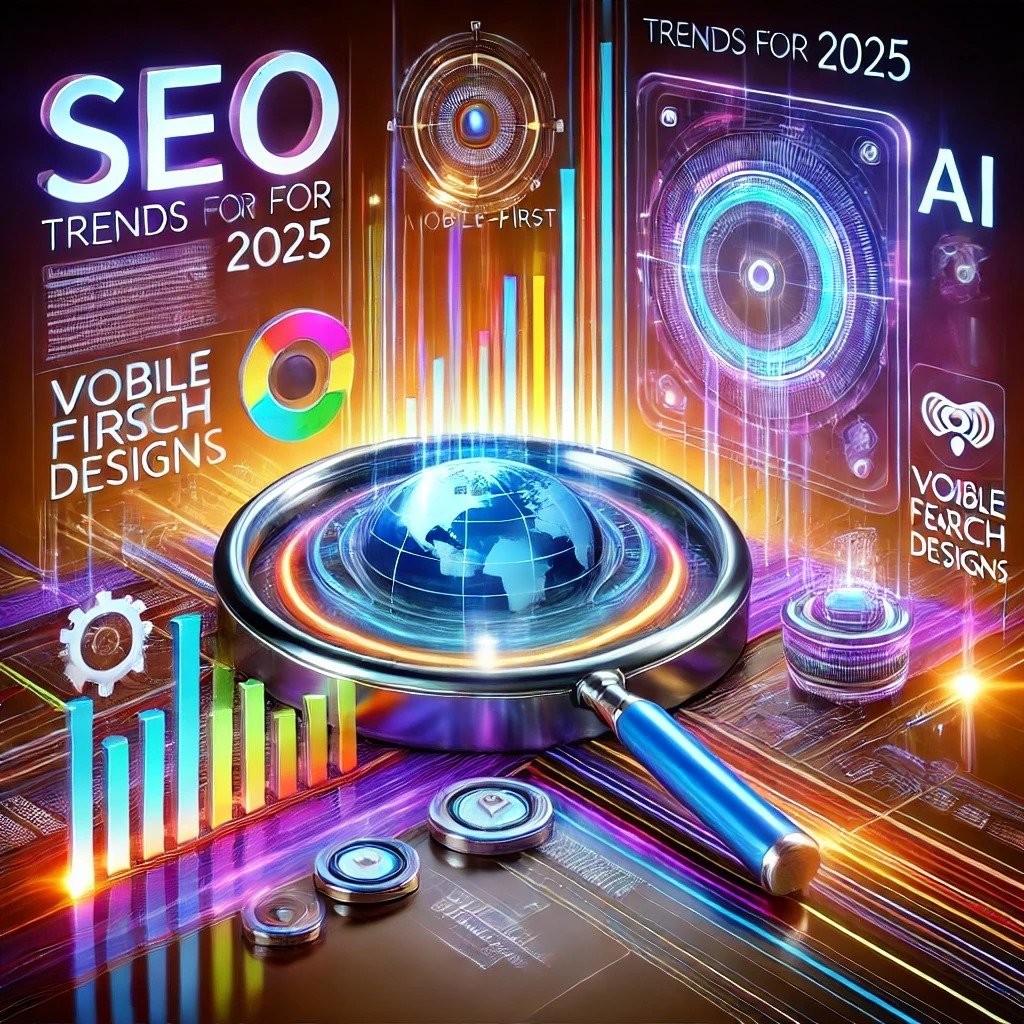Table of Contents

Figure 1: Example of an XML sitemap structure.
SEO in 2025: The Evolution of a Key Tool
SEO is constantly evolving, and in 2025 it remains a cornerstone for helping a website—or your website—stand out in an increasingly digital and competitive ecosystem. Emerging technologies like Artificial Intelligence (AI), alongside modern strategies and advanced tools, are reshaping how we understand and apply SEO. But we must ask ourselves: Are these tools truly the game-changer, or is it a combination of several factors? What is really making the difference? Here’s what you need to know.
AI: Friend or Foe?
Artificial Intelligence isn’t just one of the most important and popular tools of recent years; it’s also a major ally for web SEO. AI is more than just a tool for search engines—it’s a powerful companion for online content creators and digital strategists. Imagine having an invisible yet magical partner—or perhaps a fairy godmother—without the magic but with all the functionalities. AI is a versatile and user-friendly tool capable of analyzing data, predicting trends, and creating optimized content for you. Tools like ChatGPT, Jasper AI, and Clearscope are driving a major paradigm shift across niches.
How to Integrate AI into Your SEO Strategy
There are many ways to integrate AI into your projects to offer personalized experiences to your audience or niche. For example, an e-commerce site can showcase products based on users’ search history or previous interests, enabling tailored campaigns for your users.
Other methods of integrating AI into your web projects include:
- Smart Content Creation: Generate optimized text that not only answers search queries but also anticipates needs and personalizes the experience for potential users.
- Predictive Analytics: Platforms like Surfer SEO help identify high-potential keywords before they become trending or highlight less competitive terms.
Beyond Keywords: Semantic and Engaging Content
In 2025, content is no longer just about using keywords to make your page stand out. Modern search engines understand context, which means your content should not only include specific terms but also answer deeper questions, provide technical insights, or connect related topics. Think about your users:
What do they want to learn, solve, or discover? This is one of the most critical foundations of modern SEO
Game-Changing SEO Features
Among current trends, some standout features include:
- Visual and Voice Search: Virtual assistants like Siri and Google Lens are transforming how users search for and consume information.
- Core Web Vitals: Google continues to reward fast, stable, and accessible sites. This not only boosts SEO but also offers a smoother user experience. Tools like PageSpeed Insights and Lighthouse are essential for auditing your website.
Interactivity as an Engagement Driver
LUsers love interacting with websites. Whether it’s using a savings calculator, participating in dynamic surveys, or commenting, interactive elements captivate and retain users.
- Gamification: Interactive elements like trivia or mini-games keep users on your site longer.
- Rich Snippets: Structure your content with lists, tables, or FAQs to capture prime search result spaces.
PWAs (Progressive Web Apps)
Progressive Web Apps deliver an app-like experience directly through the browser. They’re fast, responsive, and work offline, enhancing both user experience and SEO.
Tips and Tricks for SEO in 2025
Some key recommendations include:
- Target Local Audiences: Keep your Google My Business profile updated and use keywords related to specific locations.
- Optimize for Zero-Click Searches: Incorporate structured data and clear content.
- Focus on Quality Backlinks: Links from high-authority sites improve both your ranking and the credibility of your content.
A More Human SEO, Integrated with Technology
SEO in 2025 isn’t just about ranking higher in search results. It’s also a reflection of how brands connect with people in an increasingly digital world, marking a new, more complex, and demanding era. Technology, particularly AI, has enabled more effective strategies and fostered creativity, acting more as a companion than a tool. However, the main focus remains on understanding your users.
SEO isn’t an end in itself; it’s a tool to build genuine relationships in a growing virtual environment. Think of your users as real people with needs and expectations—not just numbers. If you can connect with them, provide value, and adapt to their behavior, you’ll build more than just an optimized site; you’ll create a meaningful and memorable space in the vast web landscape.
Conclusion
Today's SEO is a blend of art and science. It’s not just about optimizing pages but creating experiences that truly make a difference. Si pones al usuario en el centro de tu estrategia, adaptas tu sitio a las nuevas tecnologías y te mantienes al día con las tendencias, no solo sobrevivirás en este entorno competitivo, sino que prosperarás. ¡El futuro del SEO está lleno de oportunidades!